In the 1850s, settlers from the United Kingdom thought it would be a good idea to introduce Australian possums to New Zealand. What a disaster that has been. (They also thoughts rabbits would be a good idea, and the rabbits increased and multiplied so the settlers then introduced stoats, ferrets and weasels, another disaster as the latter soon realised that native birds that nested on the ground were easier to catch than rabbits).
Possums loved Aotearoa as the vegetation was superior to that of much drier Australia. They also developed a taste for native bird eggs, and later became carriers of bovine tuberculosis to millions of cows. These introduced animals have literally caused billions and billions of dollars of damage to native flora and fauna. Today Landcare groups such as the one to which I belong, encourage us all to trap or poison such pests and so protect native fauna and flora.
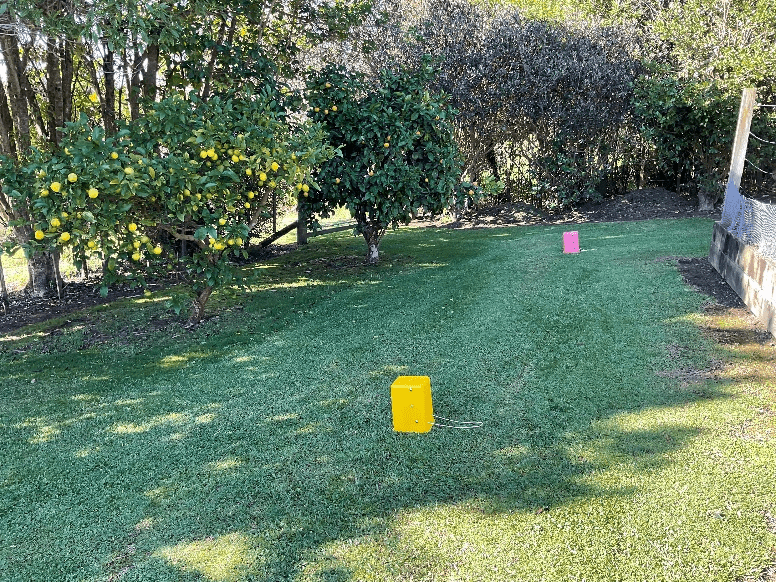
By the 1980s, the peak possum population had reached an estimated 60–70 million, but is now down to about 30 million due to control measures. Here are yellow and red possum traps in our garden. They are baited with apple sprinkled with cinnamon. The possum, in its efforts, to get such a treat, puts its head and its neck is immediately broken. Traps and baits are supplied to us through our Landcare group. We all keep careful records of how many we catch.
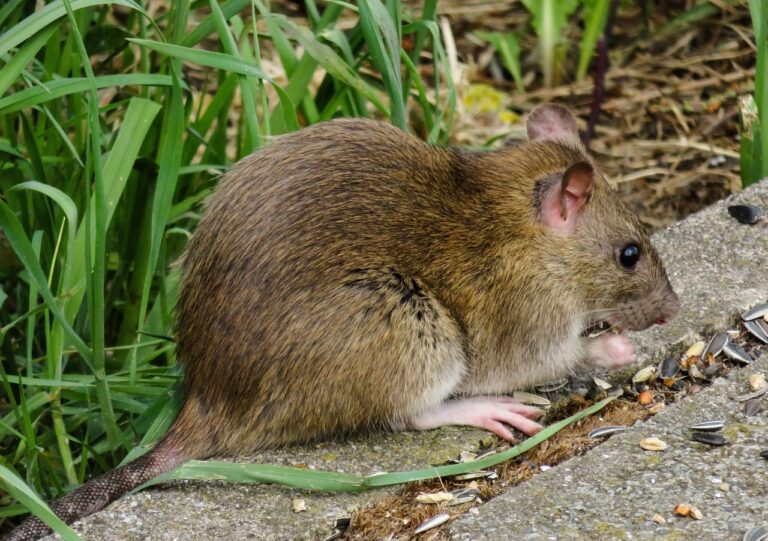
Rats are another problem as birds and bird eggs are a staple part of rat diet. Again, the Landcare group provides us with bait stations and poison to put in them. I lift off the clear plastic top and put the bait inside, and it never takes too long to disappear.
I think being part of a Landcare group is a great example of mission today. Most of the people in our group have no connection with any church and so meetings provide a wonderful opportunity for sharing something about our RNDM way of life. These people are never going to watch yet another Laudate Si’ video clip, but often we find ourselves sharing about our awareness of mystery in our bush. Where two or three are gathered for the sake of God’s gift of creation, the mysterious Spirit is present.
Susan Smith RNDM is a lecturer emerita in The University of Auckland’s Department of Theology. Her PhD was on developments in Catholic missiology after Vatican II. After her retirement from The University of Auckland, Susan also provided NT modules for the University of Newcastle, Australia, and a Women in Leadership module for Duquesne University. Susan lives with another member of her congregation in Whangarei, New Zealand, where both are committed to exploring experientially what it means to live in an eco-community. Both are involved in neighborhood environment organizations. They are particularly interested in what might shape eco-spiritualities in New Zealand.

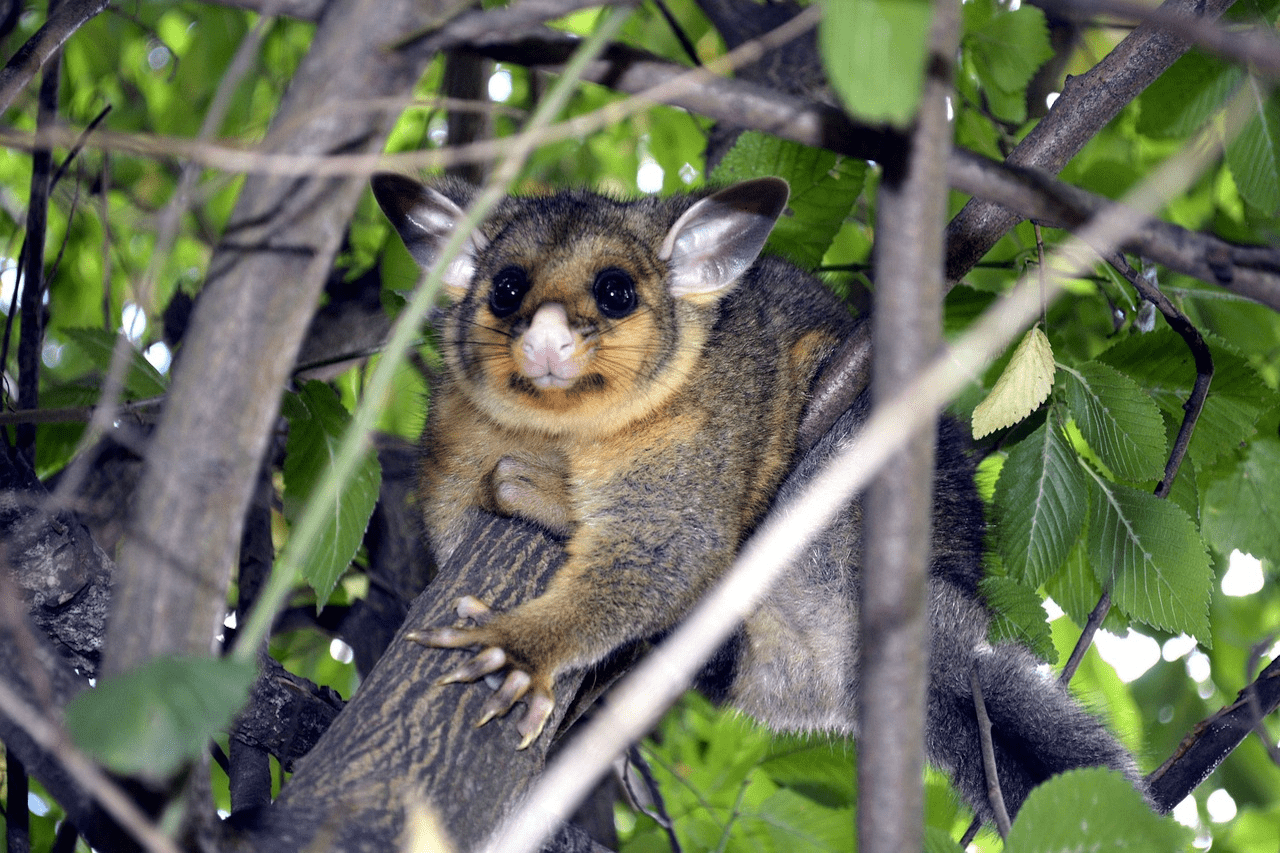
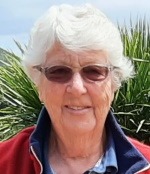
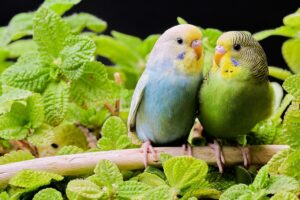
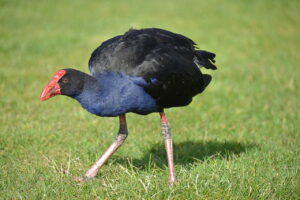
Hi Susan. I am living in Canada and also have lived in Australia where I came across Landcare. I loved how one could go anywhere in the country and find Landcare groups and immediate friendship while being in purposeful relationship with nature together. On returning to Canada I have tried to introduce the idea here, to our local situation. I was therefore encouraged by the focus of your blog. Landcare is so unique and worthwhile I find myself wanting it to be everywhere! Thank you for giving it voicecin this blog.